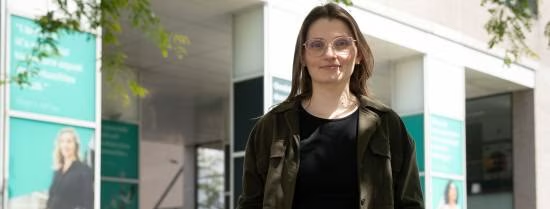The study programme in a nutshell
Approximately 10% of all 13,000 psychologists in the Netherlands who are member of the Dutch Association of Psychologists (NIP) are forensic psychologists. Meanwhile, forensic psychologists are in numbers by far the most influential forensic experts (www.nrgd.nl).
This master programme will teach you how to become a forensic psychologist, either in practice, or as a scientific researcher. You can alternatively choose to prepare for a career as legal psychologist. Bear in mind that forensic psychologists study criminal irresponsibility, while legal psychologists study the strength of (criminal) evidence. These two fields are related yet distinct.

The curriculum consists of 3 courses (including practicals and assignments) that are relevant for forensic and legal psychology, an advanced statistics course, a research internship, and either a forensic practical internship or a moot court. The first three courses are:
1) Introduction to forensic and legal psychology,
2) Etiology of offender types and neuroscience,
3) Forensic diagnostics and treatment.
In these courses, there is much attention for psychological influences on crime, and functional, neuroscientific concepts of misconduct and crime. The fourth course is uniform for all psychology masters: A course in advanced statistics.
In the second semester, students who wish to pursue a career in forensic (neuro)psychology complete a practical and research internship. Students who wish to specialize in legal psychology complete a research internship and an elaborate moot court assignment in which they practice doing legal psychological research and writing legal psychological reports. Depending on personal interest, topics can be chosen such as deceptive behaviour in psychopathy, neuroscience of antisocial behaviour, or the validity of eyewitness testimony.

The curricula are subject to change. No rights may be derived from this information (including the information via the links). To graduate, all students must complete a master's thesis based on a research project. In addition, students may choose to do an external practical internship. Practical internships are not obligatory and are hard to find for students in the specialization Forensic & Legal Psychology who do not speak Dutch yet wish to complete their practical internship in the Netherlands.
Please click on one of the courses in the programme overview below to see the course description.
